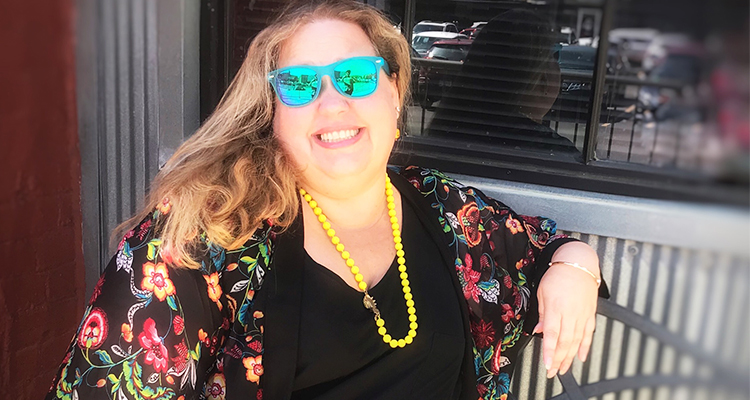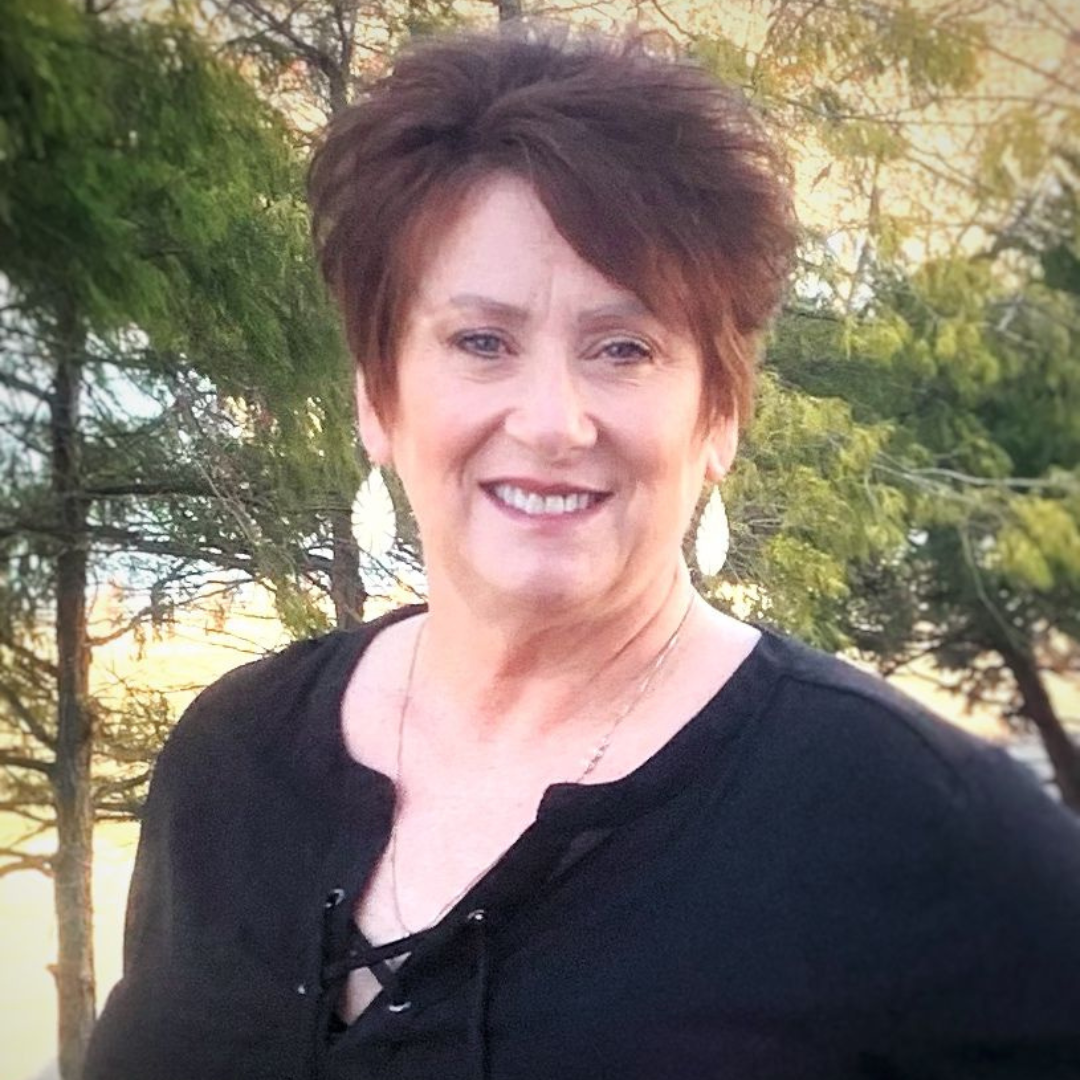Editor’s note: In this series, Weelunk readers will meet their neighbors who are successfully navigating the road of recovery. Like any road trip, recovery has stretches of smooth highway as well as the occasional pothole. These are the stories of travelers who are making steady progress toward a better place, one day at a time.
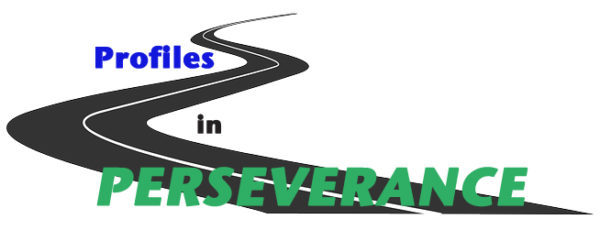 Susan Hagan is a familiar face around Wheeling. Weelunk readers may recognize her from one of her many community projects, boards or committees. Though she is known today as a local mover and shaker, she spent her younger years with a very different reputation — big city party girl.
Susan Hagan is a familiar face around Wheeling. Weelunk readers may recognize her from one of her many community projects, boards or committees. Though she is known today as a local mover and shaker, she spent her younger years with a very different reputation — big city party girl.
THE LOST YEARS
Being a strong-willed teenage girl was, at times, difficult for Susan. She frequently found herself butting heads with other family members. At a very young age, Susan discovered alcohol from a still at a party in the woods and was instantly hooked.
“Ages 16 to 25 are nothing but a blur,” Susan confides.
By the time she turned 17, Susan had been kicked out of her home after a fight with her mother. “It was just my mom, my twin sister and I,” Susan says. “I just never felt like I fit. My mom and I were very much alike — stubborn and strong-willed.” She lived with a cousin for a while, moved back home briefly, then found herself on her own.
Susan managed to survive high school at Wheeling Park. After graduation in 1991, she enrolled at West Liberty University as that seemed like the next logical life choice. Not surprisingly, Susan pledged a sorority and remembers little about college except for the fact that she rarely attended classes.
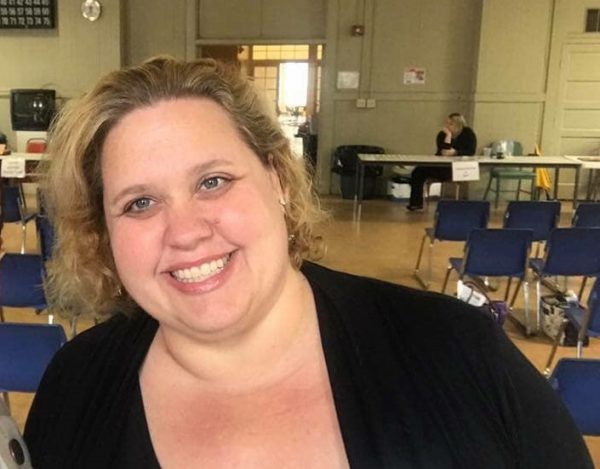
The only other memory that stands out from that time is that she crossed paths with a young man she remembered vaguely from high school. “I was walking across campus and ran into the meanest SOB on Earth — and I started dating him!” She laughs about it now with a shake of her head.
After a single semester, she dropped out of college. Susan went to work as a nanny for a family with seven children whom she met at a birthday party while working at Elm Grove Lanes. Near the end of her time as a nanny with this family, they asked her to transport a diesel Mercedes from Wheeling to Ocean Grove, New Jersey, where she was then asked to manage a bed and breakfast owned by a friend of theirs. The New Jersey B&B turned out to be a “disaster,” so Susan decided to board a train to Penn Station in New York City, where she interviewed for and eventually found a new nanny position.
THE NANNY CHRONICLES
According to Susan, the big-city nanny circuit lends itself particularly well to a lifestyle of various indulgences. Because room, board and car expenses are covered by the family, young single nannies often have plenty of discretionary income to spend on themselves. In addition, the families for whom they work are mostly well-to-do, which means that they spend time at fancy places doing expensive things, and nannies are often invited along to occupy the children. This can give them access to places like exclusive clubs where liquor and drugs are readily available. “Partying is the nanny way of life,” states Susan matter-of-factly.
During her years as a nanny, Susan worked for a number of families despite her growing alcohol and substance use issue. She was a “highly-functional” user, managing to juggle her drinking and her job. Susan says that by the end of her stint with the family in Wheeling, she was drinking to excess every single day.
“But I was a very good nanny. The kids always loved me,” Susan says. “That was probably why my employers never noticed or addressed my drinking.”
And alcohol was no longer her only vice. Susan also frequently indulged in “various dry goods,” as she refers to them. “Short of licking a toad because I didn’t know where to find one, I would try anything,” she states. “And no one ever offered me drugs or alcohol because they liked the way I behaved when I used them. I was not pleasant when I was drinking.”
Susan says that she never became sick after her binges. However, she would often black out.
“My longest blackout during my heavy drinking days was a week. I remember going to a bar and, a week later, I woke up in another state with people I didn’t know,” she confides.
“My longest blackout during my heavy drinking days was a week. I remember going to a bar and, a week later, I woke up in another state with people I didn’t know.” — Susan Hagan
Susan spent the next few years “toasty all day long” and often black-out drunk at night. She moved from place to place in the same general area as she changed jobs.
Eventually, she landed back in New York City and met and married a fellow “manny” from South Africa. On Sept. 9, 2001, her husband’s father passed away in his home country. Her husband was on a plane to his homeland for the funeral on 9/11. Susan was not able to contact him until Sept. 12 and, overcome with concern for his safety, found solace in a bottle. Her drinking spiraled out of control over the next few months as she attended funeral after funeral of friends, acquaintances and first-responders she knew who had lost their lives in the terrorist attacks.
“I was ‘blotto’ most of the time,” she recalls, momentarily emotional at the memory. On Sept. 20, her beloved grandfather passed away, further magnifying her heartache.
DIVORCE, DRINKING AND DOREEN
Susan’s marriage was strained before the stress of 9/11, and it fell apart completely after that time. Her husband moved out and disappeared. Seeking a divorce from her missing husband, Susan hired a friend of hers named Caesar, who did private investigative work. With Caesar’s assistance, she was eventually able to obtain her divorce.
Susan noticed that when they would go out together, Caesar didn’t drink. She was curious about that fact but wouldn’t find out the reason he was a teetotaler until later.
Her own drinking escalated, and she was rarely sober. Susan found herself swallowed up by “hopeless and desperate times,” engaging in increasingly reckless and foolish behavior.
She was living in an apartment with no power. “I was numb and just tired of being sick and tired,” she says.
Susan knew she was on the path to certain self-destruction. During one particularly difficult episode, Caesar said to her, “Do you know what your problem is? You aren’t afraid to die. You’re afraid to live!”
“His comment pissed me off,” she remembers. “How dare he say that.” But deep inside, Susan knew Caesar was right. “If you’re not afraid to live,” Caesar continued, “you’ll go meet this woman named Doreen.”
It was almost a dare. He gave her the address of the proposed meeting spot. Eager to prove him wrong, Susan agreed to his request.
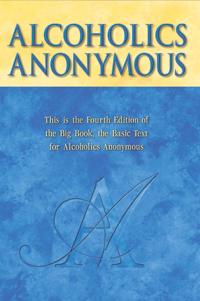 Doreen met Susan on the sidewalk at the appointed time and told her, “If you’re done being sick and tired, come inside.” It turns out that Caesar had tricked Susan into attending her first Alcoholics Anonymous meeting.
Doreen met Susan on the sidewalk at the appointed time and told her, “If you’re done being sick and tired, come inside.” It turns out that Caesar had tricked Susan into attending her first Alcoholics Anonymous meeting.
Susan was angry, but still determined to show her friend that she was not afraid, she stayed at the meeting. The following day, she went again. She hated the meetings and the people who attended them, but something made her go back every day — sometimes even more than once a day. She knew how badly she needed to be there, but she despised going nonetheless. But from that first meeting on, she never had another sip of alcohol or indulged in another drug.
“I didn’t participate at all in meetings at first,” Susan shares. “Every meeting ended with a prayer, and I was always out the door before they could say ‘amen.’”
The group that she had joined under duress was full of “old-timers” who had been sober for a long time. They had seen and heard it all from know-it-all newbies like Susan. “They tolerated no bullshit. And I was full of it!” Susan remembers. “And the knitters!” she sneers. “How I hated the knitters!” Many of the members in that group would knit quietly during the meetings, and Susan came to hate the rhythmic clicking of their needles. “I was also told to ‘take the cotton out of my ears and put it in my mouth’ as I had nothing to say,” she remembers.
Eventually, though, she began participating in meetings. For a long time, she introduced herself by saying, “My name is Susan, and I hate you all!” She refused to say the words, “I’m an alcoholic.” At one meeting, a man physically blocked the door when she tried to bolt through it and told her, “You’re not as scary as you think.” Once again, members of the group showed zero toleration for her newbie nonsense.
Time passed. Doreen, who had become Susan’s sponsor on the day she walked through the door, celebrated a milestone sobriety anniversary and forced Susan to speak in support of her.
“If I didn’t, Doreen threatened to drop me,” says Susan. “She was a tough, old-time sponsor who made me work for it.” This was Susan’s 30th meeting, and she finally had a breakthrough moment and told the group her own story, which led to her becoming a requested speaker at meetings throughout the region.
Since starting her recovery journey, Susan has attended meetings all over the East Coast and even in Aruba. She says that unlike our local area where there may only be one meeting per day, major cities like New York offer meetings around the clock.
It’s also not uncommon to find yourself in a meeting with a celebrity or two. With so many members with long histories of sobriety, Susan said newbies needed to beware of ’13th steppers,” or old-timers who made a practice of attempting to become involved in a sexual relationship with someone who has less than one year of sober living behind them.
“I learned that just because people are sober doesn’t make them ‘good people,’” Susan says. “As one old-timer once told me, ‘We ain’t the pick of the parish.’ I learned not to put clean/sober people on a pedestal no matter how long they had. I watched people I came to care about die from ‘going back out.’”
CAESAR’S STORY
After Susan had been attending AA and Narcotics Anonymous meetings for a while, she finally learned the tragic story behind her friend Caesar’s sobriety. He was driving under the influence with his pregnant fiancée in the car. They were headed home after a night out, celebrating the recent news of her pregnancy when he lost control and killed both his fiancée and their unborn child. He also suffered serious physical injuries as well as deep and indelible emotional wounds.
“There’s a saying in AA and NA,” says Susan. “They say that if you last long enough, sooner or later you’ll hear your own story from someone else. Caesar always hated discussing his story because, even though he’d been going for years, he said he’d never yet heard it from any other member.”
After many months of attending meetings together, Susan and Caesar were present at one when a young woman they didn’t know walked in with a cast on her arm. Caesar happened to open up that night and share his personal pain and devastation with the group. Susan noticed that the new woman with the broken arm was sobbing as Caesar spoke.
After the meeting, the woman approached Caesar and said, “I can’t believe that your story is my story!” She had been the impaired driver in a fatal car accident where her fiancé lost his life. That accident had occurred very near the site of Caesar’s, and the injuries the woman sustained were even eerily similar to his. Susan said that was a moment of clarity for her and her friend — in AA, you are truly never alone, no matter how dismal your personal story might be.
SUSAN’S NEXT CHAPTER
Susan credits AA with teaching her how to live life sober. She says as you begin recovery, you need to relearn how to master the smallest of life skills without the crutch of alcohol and drugs. On many occasions, it wasn’t easy for Susan.
“You get hung up on the ‘broken shoelace,’ not the major obstacles like you might expect,” she says. But Susan persevered and now has 16 years of sobriety under her belt. “I came to realize that I was still fun even when I was sober,” she smiles
“Being an alcoholic and addict used to largely describe who I was when I spoke in meetings. But those meetings gave me back a life — a life second to none. I am an alcoholic, but I am so much more than that. I still attend meetings 16 years later. Maybe not every day anymore, but I speak to another alcoholic or addict every single day in one way or another. I stay connected lest I lose what I’ve gained,” Susan says.
Four years ago, Susan returned home to Wheeling to make amends with her family and to help care for her aging mother. She decided that if she was going to return to her hometown, she wanted to do something to make it a better place for everyone. “I wanted to have a vested interest,” she states. “I wanted to give back something for all the years and ways I screwed up.”
Since her homecoming, Susan has become very involved in local projects and politics.
She is currently on the board of directors of The Unity Center as well as Wheeling Health Right. She has served on the advisory board for the Women Inspired in New Directions (WIND) program at the YWCA and has also co-chaired the Mayor’s Committee on Housing. She was recently asked to chair the Northern Panhandle ReEntry Council, a project of the West Virginia Council of Churches.
Her biggest undertaking yet is also presently in the works. Susan is working to create a new non-profit agency with Kate Marshall from House of Hagar and Amy Gamble of the National Alliance on Mental Illness.
“The agency will be called Bridges to Community Living and will provide medically-compliant, community-based supportive housing for people with a diagnosed mental illness,” Susan tells Weelunk.
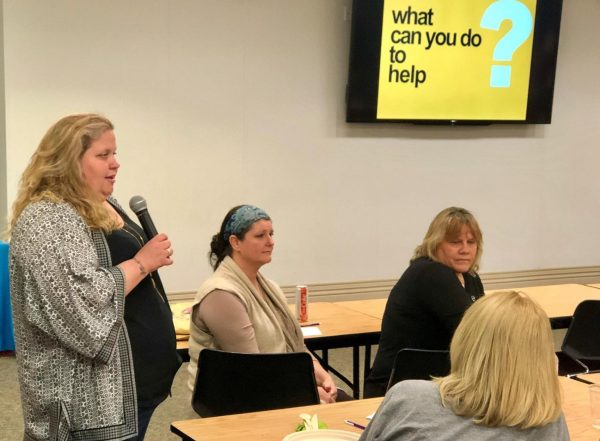
She hopes to involve local businesses such as Grow Ohio Valley and Happy Goat Yoga in the “intentional living community” by having them partner with Bridges to Community Living to teach residents life skills as well as activities such as gardening and yoga. Susan also hopes to educate local businesses about hiring individuals with mental illnesses.
“We already have the support of HUD and Northwood, and we are currently looking at properties to house the community,” Susan shares.
The ninth step of the AA 12 Step program addresses making amends. It’s clear that Susan has been successful in achieving that goal, both personally and within her larger orbit.
To mark her 15th year sober, Susan got a tattoo on her inner wrist. It depicts an arrow, a semicolon and the infinity symbol with a Latin inscription beneath. The words translate to “While I breathe, I hope. While I hope, I love. While I love, I live.”
Susan explains that an arrow only flies after being pulled backward, and the semicolon means that you continued when you wanted to stop. The infinity symbol speaks to the permanence of her decision to remain sober
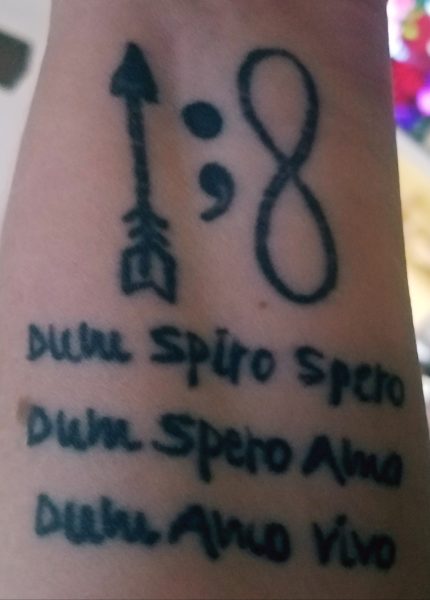
“Perseverance is the hard work you do after you get tired of doing the hard work you already did.” — Newt Gingrich
• A lifelong Wheeling resident, Ellen Brafford McCroskey is a proud graduate of Wheeling Park High School and the former Wheeling Jesuit College. By day, she works for an international law firm; by night, (and often on her lunch breaks and weekends) she enjoys moonlighting as a part-time writer. Please note that the views expressed in her writing are solely her own and do not necessarily reflect those of anyone else, including her full-time employer. Through her writing, Ellen aims to enlighten others on causes close to her heart, particularly addiction, recovery and equal rights. She and her husband Doug reside in Warwood with their clowder of rescued cats, each of whom is a direct consequence of his job as the Ohio County Dog Warden. Their family includes four adult children, their spouses and several grandkids.


